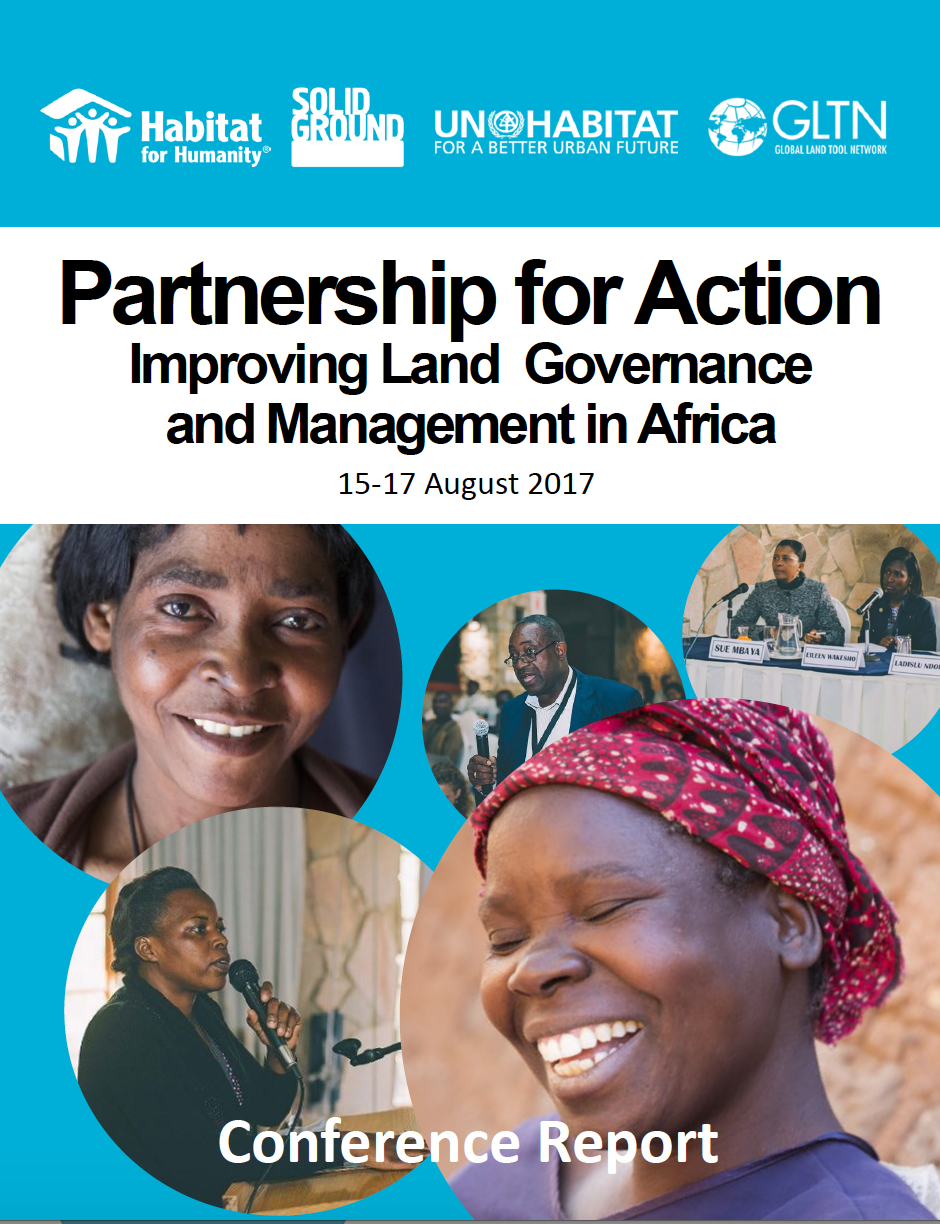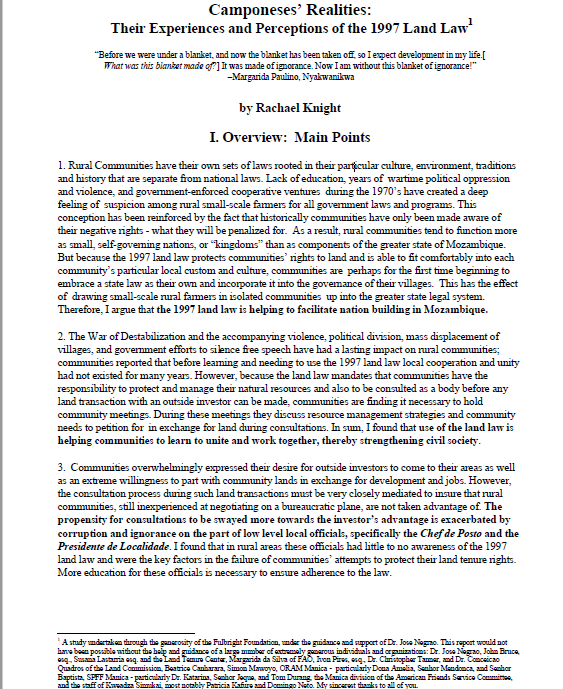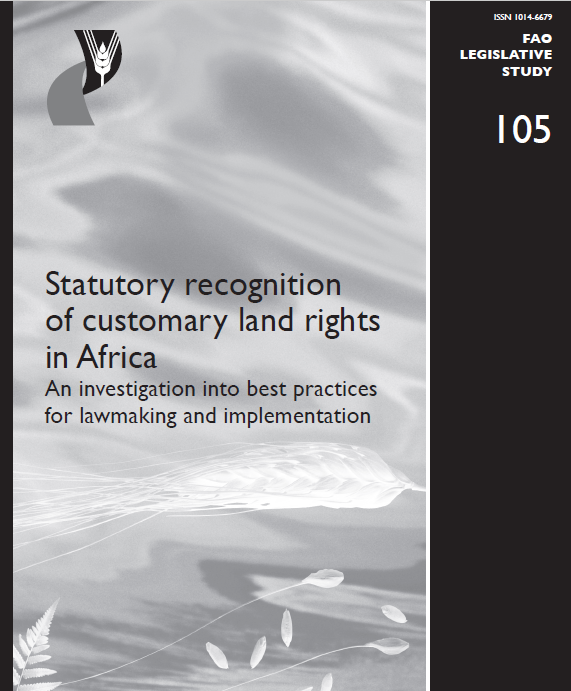Right to Homestead land in Rural Bihar
Access to homestead land, and housing in turn, are basic requirements for human survival. Every citizen needs to have a safe, secure and healthy place to live, work and lead a life of dignity. A house provides not only physical protection against the vagaries of nature, but also space and privacy to an individual and his family for physical, emotional and intellectual growth.





